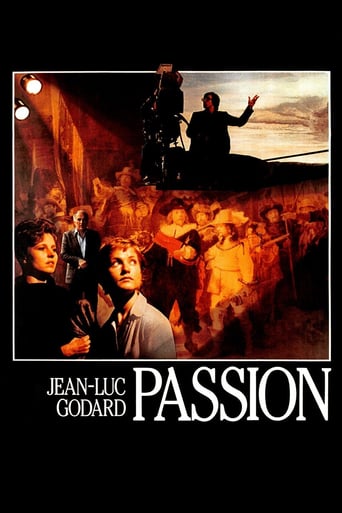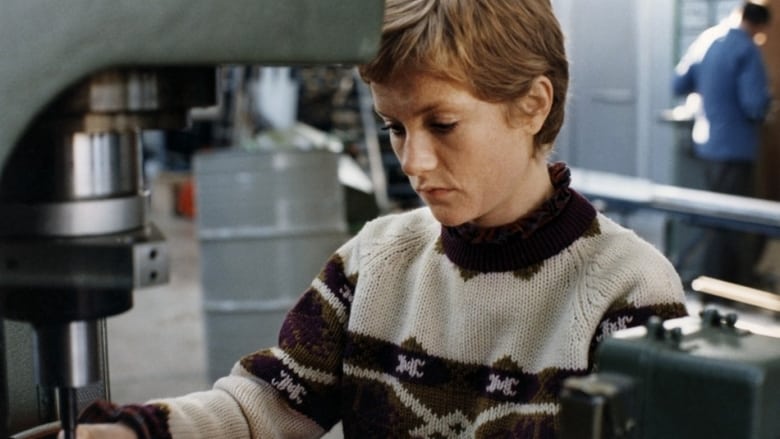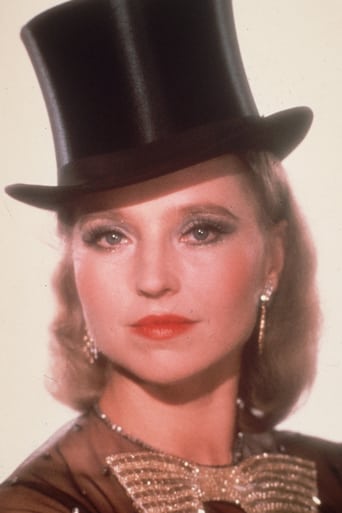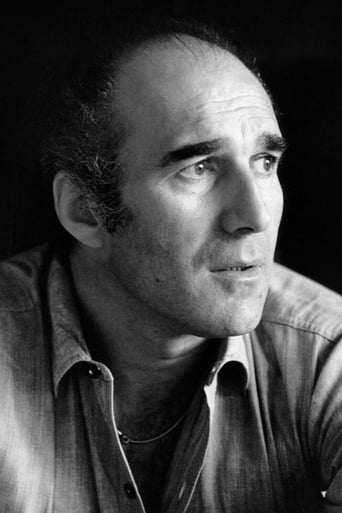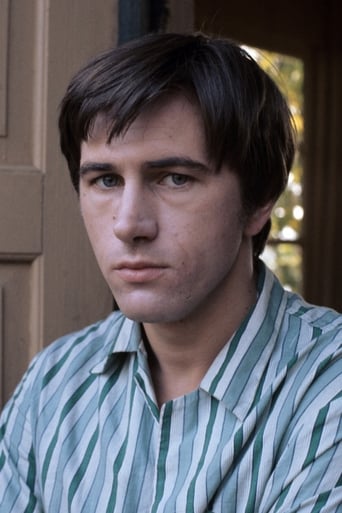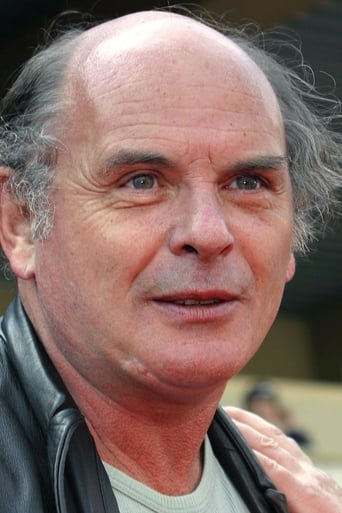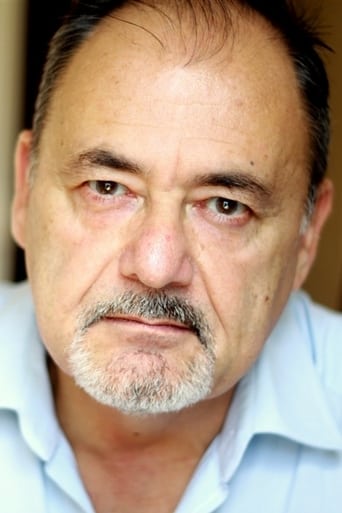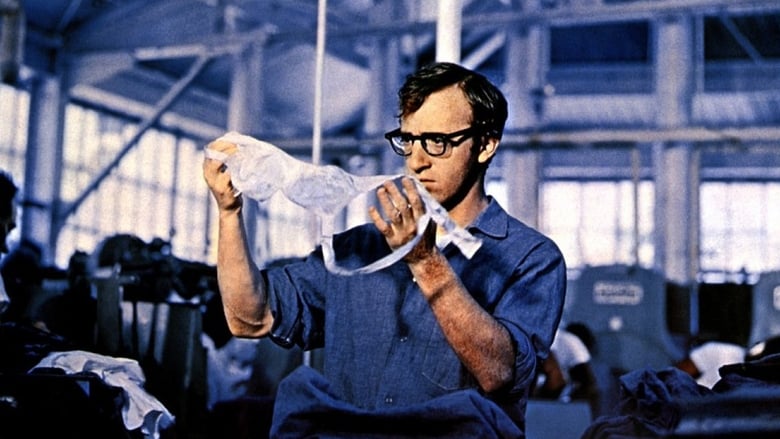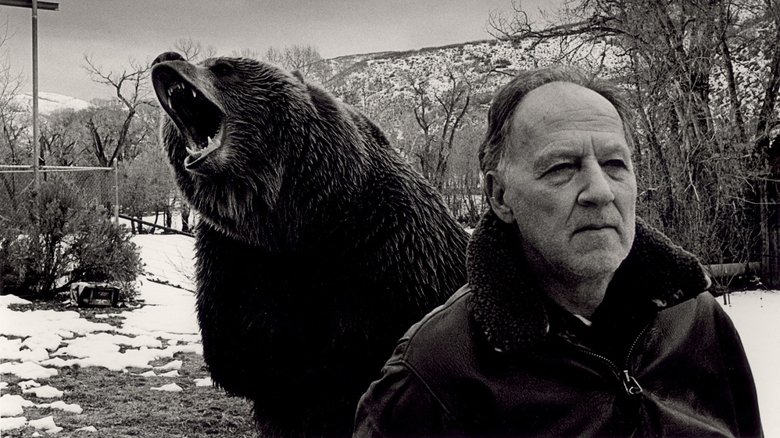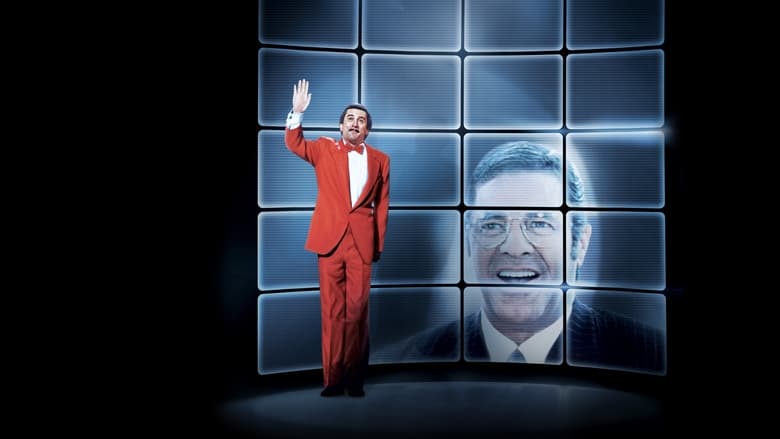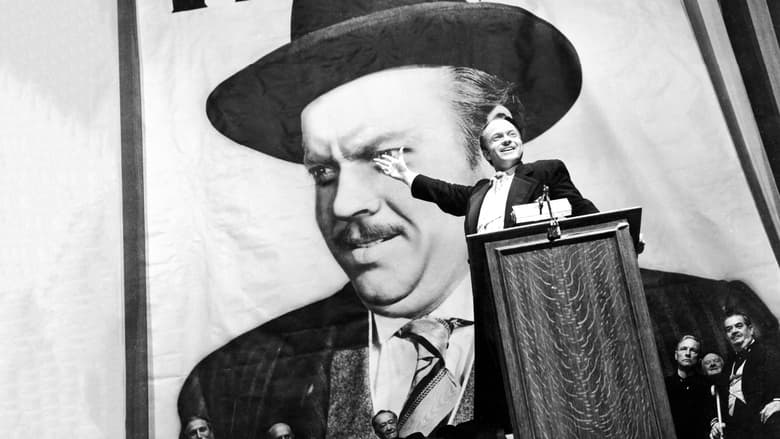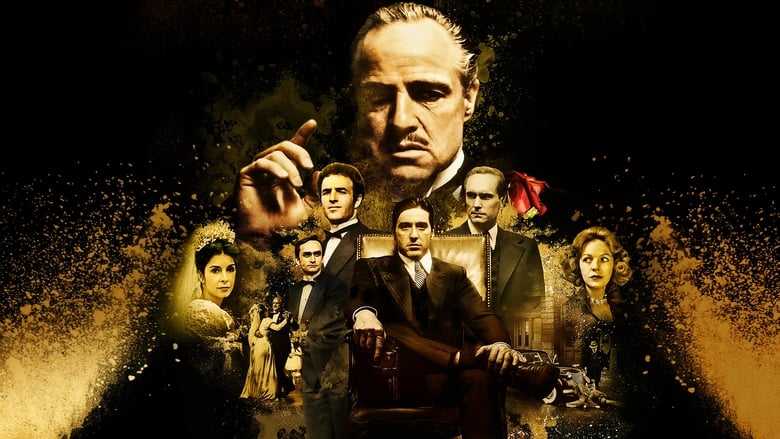While shooting a film, the director becomes interested in the unfolding struggle of a young factory worker that has been laid off by a boss who did not like her union activities.


Reviews
On a movie set, in a factory, and at a hotel, Godard explores the nature of work, love and film making. While Solidarity takes on the Polish government, a Polish film director, Jerzy, is stuck in France making a film for TV. He's over budget and uninspired; the film, called "Passion," seems static and bloodless.Godard met Hanna Schygulla in Hollywood when she was shooting "One from the Heart" with Francis Ford Coppola. Godard asked Schygulla at once if she wanted to participate in his new film but she first wanted to see a synopsis. Soon after Godard sent her a three-page summary in English. The film marks Godard's reunion with cinematographer Raoul Coutard; the last time they had worked together was on "Week-end" (1967), which is usually considered the end of the French New Wave.Of Godard's later (Second Wave) films, this may be the most artistic. He not only references works of art in the film several times over, but even makes film an art within an art. The casting of little people for the film-within-a-film is interesting, and adds that surreal quality to the movies that people of unusual size tend to do. This is definitely worth a repeat viewing.
Do not listen to the film buffs who call this "art" and a series of vignettes that defy any meaning, its worthless and boring. The whole film has no interest to offer, what it tends to portray is stuffy French poseurs who smoke and talk about nothing in particular, that isn't very entertaining. I was dragged to the ending finally and was exhausted by the absolute uselessness of this picture and of Godard himself who isn't a very capable film director. What irks me is that such a banal director can be heaped upon with praises for such a tedious work. Most of the shots are badly lit and with no sense of remedial drama at all, it reminds one of Von Trier's overrated work as well. Makes good torture for prisoners with TV sets.
Despite the idiocy of the last comment there is an awful lot to be loved about Passion. The almost overstyled interiors of the studio set, complete with Painting Concrete (if you will) while the director and producer wander about discussing exactly how much per day it costs. Love it!The narrative (yes it is there, just let your mind wander) is simple and familiar, the in jokes are hilarious, and the atmosphere, especially at the end scene with the ship in the forest is, at times, breath taking.Yes it is dis-continuous, it is a film by JEAN-LUC GODARD! What do you expect. If you hate him, you'll hate this, if you love him, then this is destined to be one of your favourite JLG films (if you like his "mature" style that is).
Godard scholarship, lined along the axes of variants of French post-structuralism, would appear to have gotten it all wrong: a Godard movie can't be assimilated into a coherent and non-self-contradictory statement about work, gender, representation, or whatever academically approved topic you might name; it can't even be assimilated into a coherent process. What has to be confronted is that the work is essentially diaristic and subjective; these films are the more or less uncensored insides of Godard's head, not a white paper on a topic (no matter how "challenging" or "frustrating to expectations").It also must be acknowledged that for Godard, even ideation is essentially sensuous, aestheticisable; ideas, like a piece of irruptive slapstick staging, a stale aphorism, a blast of the Mozart Requiem, are objects of delectation and desire, and finally repositories of aesthetic emotion--handwrapped presents. To say that the ideology of Godard's Maoist period was finally another aesthetic object for him is not to condescend to him as a radical-chicster. Very simply, Godard is an artist for whom the gland that produces aesthetic feeling works ten times more overtime than anyone else.This produces the jarring and sometimes tonic feeling that we are overhearing the disordered and associative thoughts of God as He falls asleep. In a late, lyric work like HELAS POUR MOI, this quality becomes transcendent: the film is like a communication from a higher alien intelligence. In PASSION, that desire to aestheticize everything in sight, to wave a wand marked "excruciating beauty," in essence to make like a cinematic Goldfinger, is tripped up by the story Godard was required to tell in order to receive funding.The necessity of telling a story is one of the (many) subjects that flit by in this production, which followed Godard's minorly popular comeback, EVERY MAN FOR HIMSELF. And the story Godard tells is so halfheartedly offered it disrupts the all-pervasive atmosphere of heightened lyricism he generates elsewhere. In essence, it's the same old movie about the making of a movie: the director (Jerzy Radzilowicz) is an idiot caught between a virginal proletarian (Isabelle Huppert!) and a slatternly hanger-on (Hanna Schygulla). The director pontificates, the producer (Michel Piccoli) avoids paying checks, and the inevitable phone calls for completion funds are delivered in dirty rooms.If this reminds you of everything from BEWARE OF A HOLY WHORE to LIVING IN OBLIVION you're right; but nothing in those movies compared to Godard's strategy of contempt-uously making his stars Huppert and Piccoli stutter and cough, respectively. Or to the moment when a grip tells a child extra out of nowhere, "O those who will come after us--do not harden your hearts against us."PASSION reminded me of John Simon's review of LE GAI SAVOIR, which began in the manner of, "I have seen no movie more illucid, arbitrary, and, yes, insane as..." PASSION genuinely is insane--it raises every line, every gesture, every landscape to a plane of unbearable intensity, and refuses to draw any lines between them. The cumulative effect suggests the personality of a slightly depressed but highly stimulated schizophrenic. Godard's late work is so beyond the prison of our narrative and identificational expectations that we may have to wait several lifetimes for its voice to be genuinely, not just indulgingly, heard.
